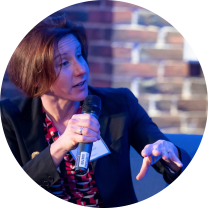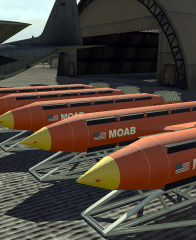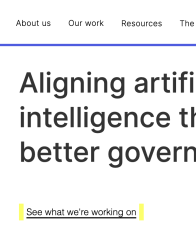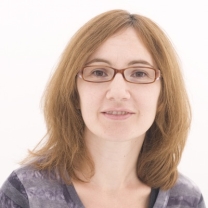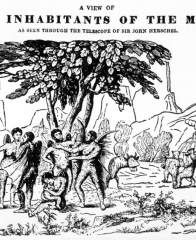 / Building Science and Community
Subscribe
/ Building Science and Community
Subscribe

My project in the Cima Lab focused on developing micro-devices designed to sample brain interstitial fluid reducing drastically invasiveness. And while this might look like just a regular engineering internship, this experience offered a bridge between my commitment to accessible healthcare and my passion for medical engineering.
When I first saw the offering for this internship during Spring, my aim was straightforward: I’m going to apply to gain technical skills that allow me to contribute meaningfully to cancer research—a disease that has deeply affected my family. Despite noble, this goal felt simple. As someone who has been interested in science and service my entire life, I have always struggled to find a link in between both that would allow me to have wet lab experiences and still be able to engage with real-life people. When discussing with the supervisor about the responsibilities of the role, I expected a bunch of technical words like polydimethylsiloxane and shear stress. However, as the conversation progressed, I was amazed by the commitment to the creation of technologies that are not only scientifically rigorous but also accessible in resource-limited settings, where current offered platforms are both invasive and time-costly. Looking back, I reflect about my indecisiveness to join a non-conventional Albright internship and choosing science rather than policy as my tool for social transformation. Joining this path made me realize that impactful service does not always require direct policy work; it can also happen through scientific research, as long as accessibility and equity remain as guides.
Just as transformative as my lab experience was living at pika (intentionally lowercase), a cooperative living space in Cambridge made by MIT students committed to a more equitable and sustainable world. I shared the 3-story 1910’s house with 34 students from around the world, including Mia Rivera ‘26, my sibling and lab partner. In an effort to care for each other, we were all included in kitchen duty, be it by cleaning or serving sixty meals every day. I quickly learned the art of making everything vegan, gluten-free, nut-free, soy-free, and nutritionally balanced. At first, I felt overwhelmed by the scale of the responsibility, but with the support of my housemates, I discovered how service and collaboration could transform what seemed like a chore into a joyful routine. As a low-income student, I know well how hard it can be to afford housing and food at Cambridge, so every time a guest would enjoy our meals, I would remember how community care was as vital as scientific progress.
The culture at the Koch mirrored this spirit of collaboration. Unlike the stereotypical image of science as solitary work at a bench, my internship revealed how essential teamwork and communication are to innovation. This environment challenged me to step outside my comfort zone, ask questions openly, and see my work not as an isolated project but as part of a larger network of inquiry. Connecting with scientists all over the world, I put faces into the names I saw in the reference papers that guided me through my experiments. The motivation this community offered pushed me forward every time I failed an experiment or struggled to understand a concept.
After this experience, I plan to continue living through Wellesley’s motto—“Not to be served, but to serve”— and exploring neuroscience with an emphasis on medical engineering and global health applications. I hope to deconstruct the idea of classes as separate silos and instead see them as interconnected frameworks that can only deepen understanding when integrated to the collective. Calculus, Biology, Engineering are just a set of techniques until you add the world that gives them problems to solve. My internship revealed my true career goal: I want to develop accessible biomedical technologies that, together with policy and implementation efforts, can meaningfully reach the communities they are designed to serve. In the end, my summer was about more than developing technical skills. It was about learning that science and service are deeply intertwined. Whether I was researching environmental stresses to micro-invasive sampling devices, quantifying cancer cell invasion, or preparing soy shawarma for sixty people, the underlying lesson was the same: progress happens when we work together under the shared responsibility of centering others. That is the spirit I hope to carry with me into my studies, my career, and the communities I join in the future.

